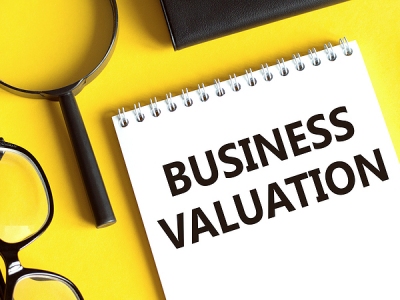However all the laundry listings are asking 4X to 5X multiple for an asking price! Is this reasonable, standard? We are are looking buy either a coin or a card laundry and want to pay a "fair" price. What factors go into valuing a laundry business these days? Multiple Advisors answer this question.

Comments & Feedback From Pro Intermediaries & Pro Advisors On BizBen:
 Hey Peter, let me be the first one to jump in and answer this question from this laundry buyer.
Hey Peter, let me be the first one to jump in and answer this question from this laundry buyer.



 When buying a business, it's important to realize that price is determined not by what is "fair", but rather by what is "fair market value" ("FMV"). What does this mean? Basically, it's the price that an objective unrelated willing and able buyer and an objective unrelated willing and able seller will agree upon. How do we estimate what that FMV is? We look at similar transactions involving comparable businesses--type, condition, size, and location--to determine what ratios there are between the actual selling price and the SDE (seller's discretionary earnings or actual net cash-flow), the gross revenue, and, sometimes, the EBIT and EBITDA.
When buying a business, it's important to realize that price is determined not by what is "fair", but rather by what is "fair market value" ("FMV"). What does this mean? Basically, it's the price that an objective unrelated willing and able buyer and an objective unrelated willing and able seller will agree upon. How do we estimate what that FMV is? We look at similar transactions involving comparable businesses--type, condition, size, and location--to determine what ratios there are between the actual selling price and the SDE (seller's discretionary earnings or actual net cash-flow), the gross revenue, and, sometimes, the EBIT and EBITDA.
